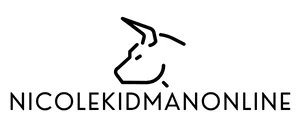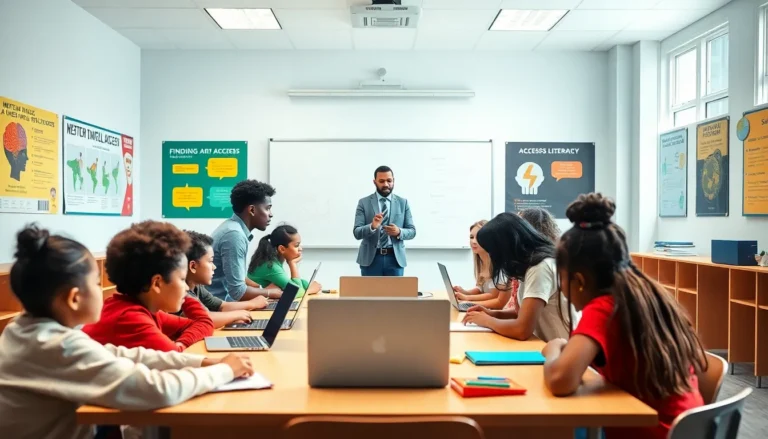Table of Contents
ToggleIn the world of education, early childhood education is like the sprightly young child ready to take on the big world, but it also deserves a little spotlight of its own. It’s the age where a child’s brain develops more than a fine wine ages, fast and impressive. Parents, educators, and policymakers are waking up to its importance like a child who just discovered the joys of cookies before dinner. But why is this specific stage so crucial? And how is the landscape of early childhood education shifting today? Let’s immerse and unravel the threads of this essential foundation that shapes learners’ paths for life.
The Importance Of Early Childhood Education

Defining Early Childhood Education
Early childhood education (ECE) can be likened to the launching pad for lifelong learning. It encompasses programs aimed at children from birth to around eight years, places where their first encounters with learning happen in nurturing environments. Think of it as the golden age where curiosity and creativity blossom.
Research consistently shows that children who engage in quality early education programs tend to excel in later stages of life. This means better grades, higher graduation rates, and improved social skills. It’s not just about academic development: it’s about the holistic growth of young minds. Hence, many experts argue, investing in ECE is one of the smartest moves society can make.
Current Trends In Early Childhood Education
Technology In Early Childhood Learning
Gone are the days when crayons and colored paper were the apex of early learning tools. Today’s classrooms might very well include tablets and interactive educational apps. Technology in early childhood education is not just a flashy add-on: it’s a gateway to innovative teaching methods and personalized learning experiences. While some might bemoan screens, it’s essential to find the right balance that fosters engagement without overshadowing interpersonal interactions.
Play-Based Learning Approaches
Let’s be honest: children learn best when they’re having fun. Enter play-based learning, which is the darling of contemporary ECE trends. This approach emphasizes the role of play in the developmental process. Rather than strictly adhering to academic curricula, teachers curate experiences that let children explore, interact, and create. This method cultivates a love for learning that textbook drills simply can’t match.
Social-Emotional Learning’s Role
In a world that can be chaotic, even for adults, social-emotional learning (SEL) is becoming an indispensable part of ECE. This focuses on equipping children with essential skills like empathy, self-regulation, and emotional expression. Schools are recognizing that a child’s emotional IQ is just as important as their academic IQ.
Challenges Facing Early Childhood Education
Funding And Accessibility Issues
While ECE shows incredible benefits, a significant hurdle remains: funding. Programs that could help more kids access high-quality education often find themselves scraping the bottom of the barrel financially. This lack of funding not only restricts the number of available spots but can also affect the quality of education. With budget cuts looming in various states, the call for more investment in early childhood programs is increasingly urgent.
Curriculum Standardization And Equity
Adding to the challenge, the quest for balanced curriculum across various socio-economic settings often leads to disparities in educational quality. Standardization in early childhood education raises questions about equity. Are all children, regardless of background, benefiting from the same high-quality education? Many educators believe we can’t overlook a diverse learner’s unique needs when developing curricula.
Future Directions For Early Childhood Education
Innovations In Teaching And Learning
Looking ahead, the future of early childhood education is rife with exciting innovations. Teaching methods are evolving thanks to a growing understanding of child development and brain science. New strategies that focus on hands-on learning, real-world problem-solving, and even a shift towards more nature-based learning are on the rise. It’s all about creating environments where children can flourish in their own unique ways.
Policy Changes And Advocacy Efforts
Also, serious advocacy efforts are underway aimed at influencing policy changes that benefit early childhood education. Advocates are tirelessly pushing for more funding, better teacher training programs, and the integration of ECE into broader educational policies. Policymakers are starting to recognize that what happens in a child’s early years can profoundly affect a nation’s future.




